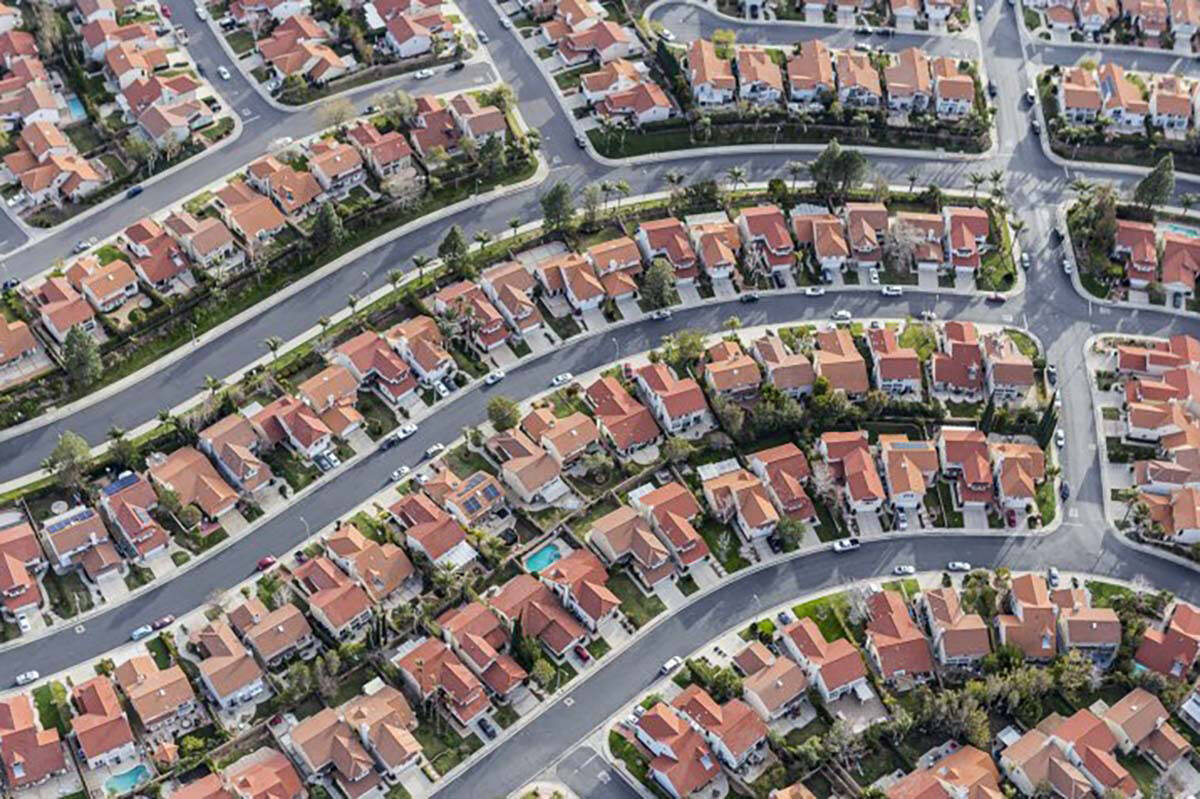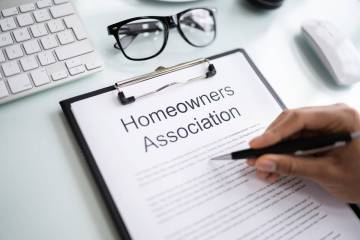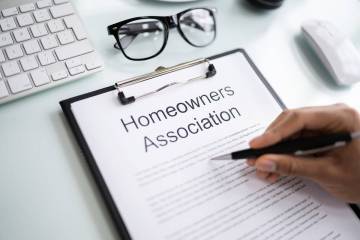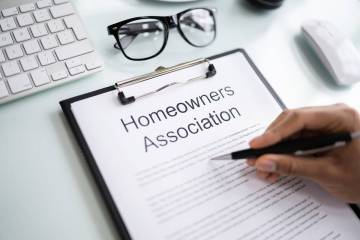What new water restrictions could communities face?
A: For years now I have read your columns and have gotten a lot of information regarding homeowners associations here in the Battle Born State of Nevada.
This week there is major concern within Assembly Bill 356 that was signed last year. Due to the water supply going down every week and lack of rain fall to help the situation how should HOAs handle this grave dilemma? Please explain more about AB356.
Q: It does not take a rocket scientist to know that we have a major water issue in Southern Nevada. Lake Mead is now 29 percent full. I can remember going to Lake Mead with my family to see the water that was overflowing in the 1990s through the spillways. The writing is on the wall!
Associations need to be extremely proactive and take advantage of the conversion rebate that is being offered through the Southern Nevada Water Authority. No one knows when this rebate program will end.
Regardless of whether the landscape area is “ineffective,” — those small sections throughout the parking lot that are maybe 3 feet by 3 feet — associations should be looking at larger sections where the grass can be converted.
Remember that any designated area, such as a park, open play area or golf course on a recorded plat map would need a vote from the membership, as this would be an architectural change to the community (Nevada Revised Statutes 116.330 (2a-2b).
Do not be surprised when the new water-restrictive ordinances come into effect in 2023. Besides increases in rates, is it possible that associations would be required to reduce the number of swimming pools in use for those communities with more than one pool and spa? Would associations be required to again turn off their fountains? Would those associations with lakes be required to purchase equipment to upgrade the operations of their lakes to be more water efficient? If your association has a golf course, will there be more restrictions?
Now, before you all get excited, I have no idea what the authorities are thinking about new restrictions, but you can very well see some of their options. Remember, the federal government will be more involved as to how we use the Lake Mead water. What choices the state will have become more limited.
Associations start talking with your landscape companies. Start preparing for conversion funds. And please, just don’t replace the green belt with all rocks!
Q: Our HOA follows NRS in regards to any violation that is sent out has to have photo proof of the violation. We recently issued a courtesy notice to a homeowner, who disputed the notice. Another homeowner had taken a picture of the violation being committed, but the management company stated it couldn’t be used because it was a minor (under the age of 18), so we had to “cancel” the courtesy notice since the homeowner it was issued to stated his child wasn’t involved.
I questioned the management company as to why the picture couldn’t be used, since the subject in question was in public view. (He was standing in the street). They reiterated that we couldn’t since it was a minor. I informed them that courts have ruled, in multiple cases, that once you’re “in public view,” your picture can, in fact, be taken, and you have no expectations of privacy.
Can you offer any insight?
A: In many cases, management companies will take a conservative approach as to photos with children. Whenever possible, violation photographs should be taken by management and not by homeowners.
Barbara Holland is an author and educator on real estate management. Questions may be sent to holland744o@gmail.com.

























